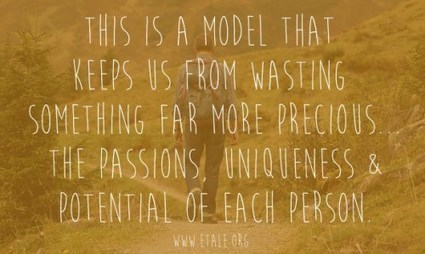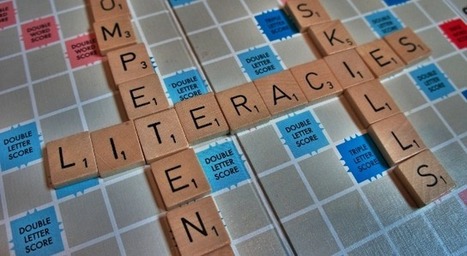"Von Lehrern kann erwartet werden, dass sie über ihr Fach hinausdenken, mit anderen Berufen kooperieren."
Von den Schülern kann man keine wesentlich besseren Fähigkeiten zur Interaktion und Beteiligung erwarten, als das alltägliche Vorbild in der Schulgemeinschaft zulässt. Die wichtigste Aufgabe der Schule ist es daher, den Boden für eine Gesellschaft des Vertrauens zu bereiten. Und von Lehrern kann erwartet werden, dass sie über ihr Fach hinausdenken, mit anderen Berufen kooperieren. So werden die Schüler in Problemsituationen die jeweils angemessene fachliche Hilfe erhalten.
Learn more / En savoir plus / Mehr erfahren:
http://www.scoop.it/t/21st-century-learning-and-teaching/?tag=Jane-Hart
http://www.scoop.it/t/21st-century-learning-and-teaching/?tag=Competency



 Your new post is loading...
Your new post is loading...















añada su visión ...